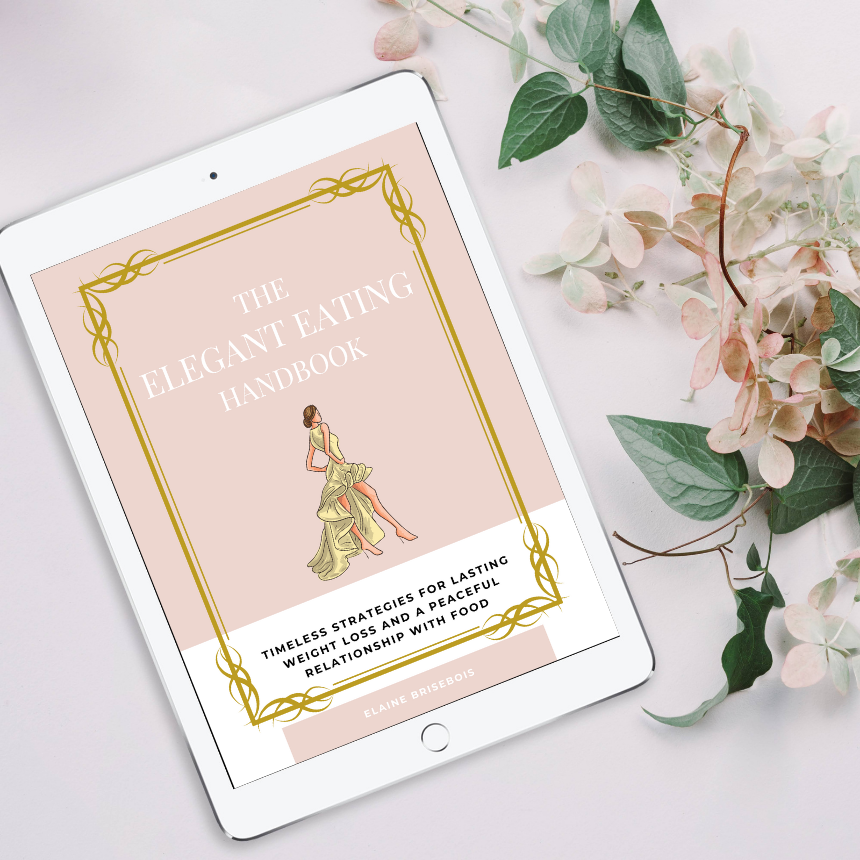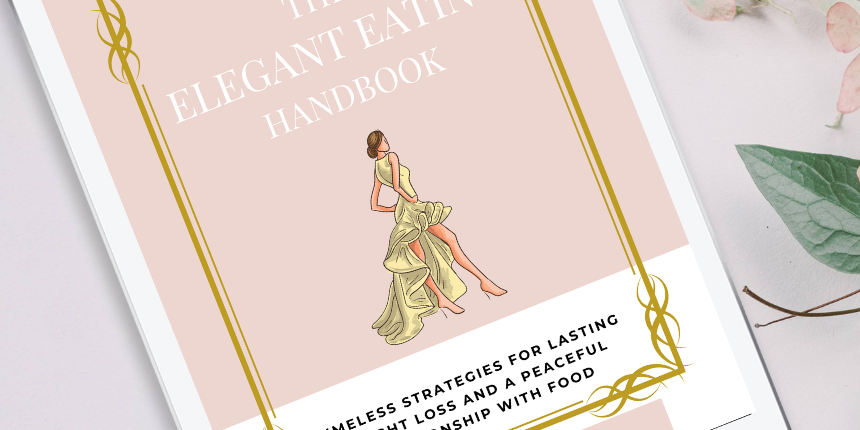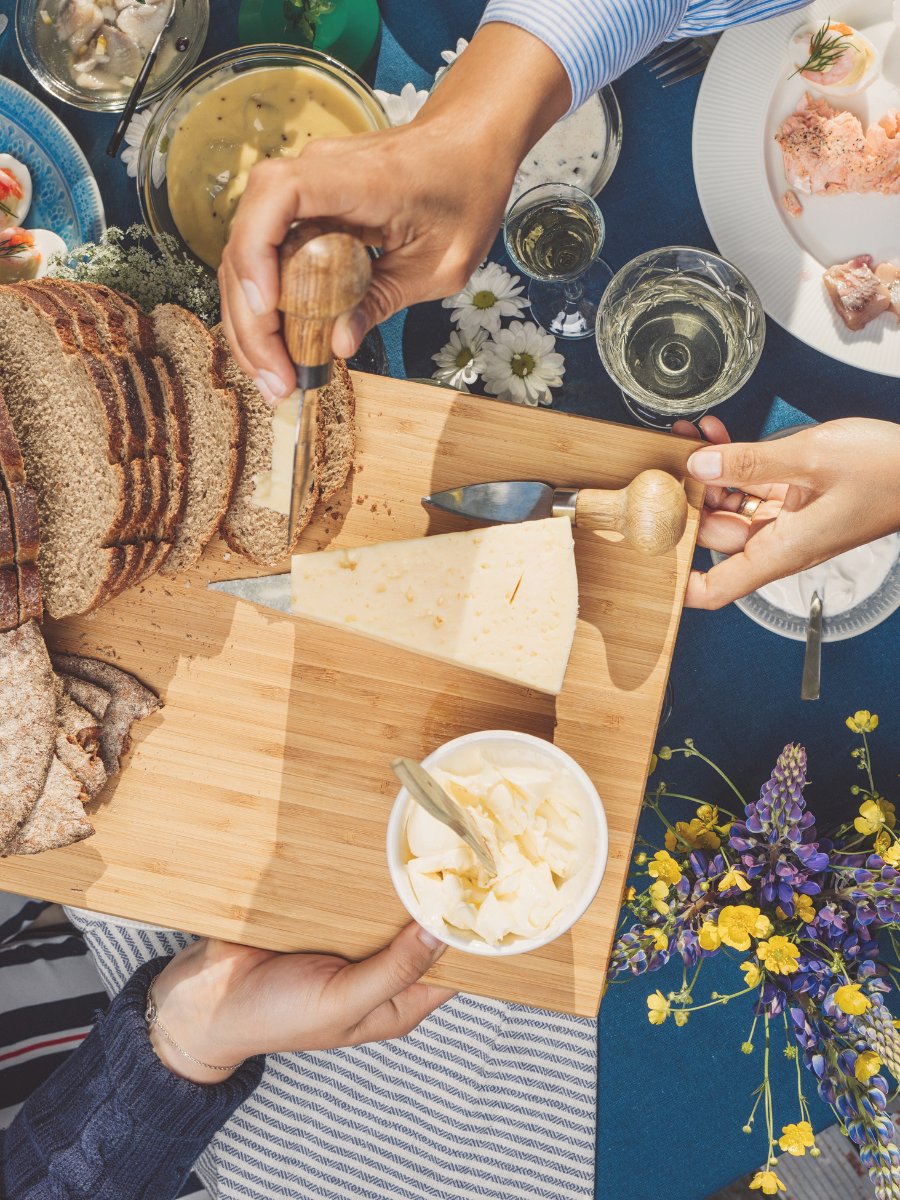This is a common complaint.
A prospective client will tell me that she eats *really* healthy, yet the scale doesn’t budge.
Sure, maybe she’s not gaining weight, but she’s not losing it either.
What gives?
When I start asking her questions about her diet and eating, there’s often a common theme that I hear among women, although the exact scenario may differ.
If you can relate to this common complaint of not getting results even though you’re eating healthy, here’s three things I suggest watching out for with regards to diet and eating patterns.
—
1. Overeating “healthy” calorically dense foods
Think avocados, nuts, nut butter, olive & coconut oil, and dried fruit. They might be considered healthy by most people’s standards, but that doesn’t mean they can be eaten in unlimited quantities.
Yes, some diets centre around high-fat foods (hello Keto!); however, you’re generally eating low to very low carbs (notice it’s not high fat AND high carb) – so in the end, if you lose weight you still managed to create a calorie deficit (even if that deficit was promoted by a decrease in appetite).
Dried fruit is, basically, glorified candy, calorically speaking. It’s delicious, but if weight loss is your goal, I suggest omitting it for now. (Of course, there’s a difference between a tablespoon of dried cranberries atop your salad and snacking on an entire package of dried mangoes).
With regards to nuts, they’re not an ideal snack for weight loss because they’re so easy to overeat. If you can portion a serving out, go nuts;) otherwise, I would avoid them as your go-to snack. And please, forget snacking on trail mix – unless you’re actually going on a long hike.
The key to including these energy-dense foods in your diet is to balance them out with plenty of lower calorie-dense foods (i.e. vegetables, fruits) and to be mindful of your portions.
This actually goes for any of those trendy marketed “health food” snacks. Take a look at the serving size.
What seems like a low-calorie snack food might not be the case when you’re eating three or four times the suggested serving.
Same with dark chocolate. Yes, it’s healthier than milk chocolate.
But are you eating a few squares or the entire bar?
And lastly, are you regularly drinking vino with dinner? If those last 10 or so pounds aren’t budging, this may be the culprit.
—
2. Healthy Baking (too much of a good thing?)
Think almond flour cookies, coconut flour pancakes, and those gluten-free, vegan muffins from your favorite coffee shop.
Sure, perhaps they’re made with coconut sugar, dates, honey, or maple syrup, but these concoctions can still have a fair amount of calories – not to mention they can disrupt blood sugar and contribute to more cravings for sweet foods.
I’m not suggesting that healthier baking can’t be helpful if it allows you to enjoy a healthier version of some of your favorites.
But get honest with how much you’re actually consuming.
For example, will you share those “healthy” cookies with other household members, or are you going to be eating them all to yourself? Can you enjoy 1 or 2 and then put away or freeze the rest, or do they end up triggering you to binge?
If you already know that you struggle with overeating, proceed with caution.
—
3. Over-restricting during the week (then going “hog wild” on the weekend)
This looks like eating “perfectly” during the week and then throwing it all out the window when Friday afternoon rolls around. Bring on the wine, snack foods, resto meals, and baked goods – it’s the weekend, and you deserve a treat!
The issue here is being too restrictive during the week, so by the time the weekend comes, the willpower muscle has fatigued (couple that with extreme hunger!), and it results in overeating, maybe even bingeing.
Even if you did create a calorie deficit during the week, you consumed enough calories over the weekend to balance things back out again to a net-zero (maybe even a net-gain).
To lose weight, you don’t have to drastically cut calories or live an unenjoyable existence of unpalatable meals. Yes, try to include as many whole, minimally processed foods as you can, but make it sustainable. I often say aim for 80%, but even 50-60% done consistently is better than eating 100% perfectly inconsistently.
Stay hydrated with plenty of water, and be sure you’re eating enough quality protein to preserve muscle and keep you satiated.
The key is to maximize your total food volume relative to the number of calories you’re taking in, so you’re satisfied with your meals and not left feeling hungry. Also, eat food you actually enjoy!
When it comes to “treats”, plan ahead of time, but keep in mind that there’s a big difference between having a “treat meal” and an entire “treat day” or “treat weekend.”
If you have a social engagement to attend, it’s best to decide ahead of time how much you will or will not eat/drink.
Remember, eating healthy is fantastic in and of itself and a great goal to aim for, but it doesn’t automatically equate to weight/fat loss.
As you can see in all three examples above, the common denominator is (did you guess it?) overeating, which is what people generally struggle with the most (and often unknowingly) when it comes to losing excess weight.

Hi! I’m Elaine, a Certified Nutritionist and Master Certified Health Coach. I support women in achieving their health and body goals while prioritizing a peaceful and balanced relationship with food.

Get a free copy of my handbook!
The Elegant Eating Handbook: Timeless Strategies for Lasting Weight Loss and a Peaceful Relationship with Food.
share with friends
keep reading...




